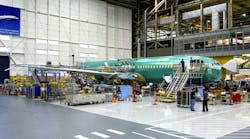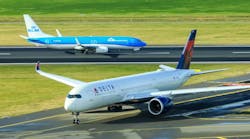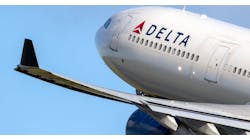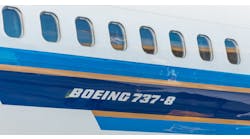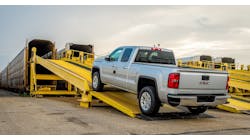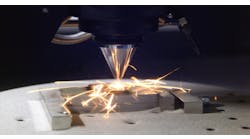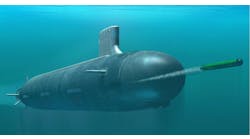Boeing’s top finance official reported that the ongoing review of its manufacturing processes and performance will continue for an undetermined period and financial goals will remain unmet. Speaking to an audience of investors and analysts, CFO Brian West said Boeing’s targets for revenue, production, and aircraft deliveries will not be met for the foreseeable future as it overhauls the 737 MAX assembly operations at the Renton, Wash., plant.
The audience, and the aerospace market broadly, are hopeful that Boeing will resume higher rate of activity that will give investors, suppliers, and aircraft customers more long-term confidence in the organization.
“We’re deliberately going to slow to get this right,” according to West, speaking to analysts and investors at a Bank of America event. “We are the ones who made the decision to constrain rates on the 737 program ... and we’ll feel the impact of that over the next several months.”
Boeing is operating under increased scrutiny by the Federal Aviation Administration, which has installed inspectors at the Renton location in the effort to identify the causes of the January 5 incident aboard an Alaska Airlines 737 MAX 9.
The OEM has an extensive backlog of orders for the twin-engine narrow-body 737 MAX, and has long sought to escalate its completion rate to as many as 57 jets/month. While the FAA has authorized a rate of 38 jets/month, West made it clear that the current rate of activity is less than that – by choice.
Adding to the slower progress is Boeing’s determination to be more rigorous in approving deliveries of subassemblies from Spirit AeroSystems, the supplier that manufactured the fuselage section lost its side door plug in the January episode. National Transportation and Safety Board investigators determined that four bolts holding the door plug in place had failed.
The full liability for the failed section has yet to be concluded, but West pledged that Boeing would no longer take deliveries of fuselages from Spirit that are not in full compliance with safety standards..
“For years, we prioritized the movement of the airplane through the factory over getting it done right, and that’s got to change,” West told his listeners.
He also acknowledged the possibility of Boeing acquiring Spirit AeroSystems, telling the crowd of investors that such a deal would be executed with cash and/or debt, but not stock.
